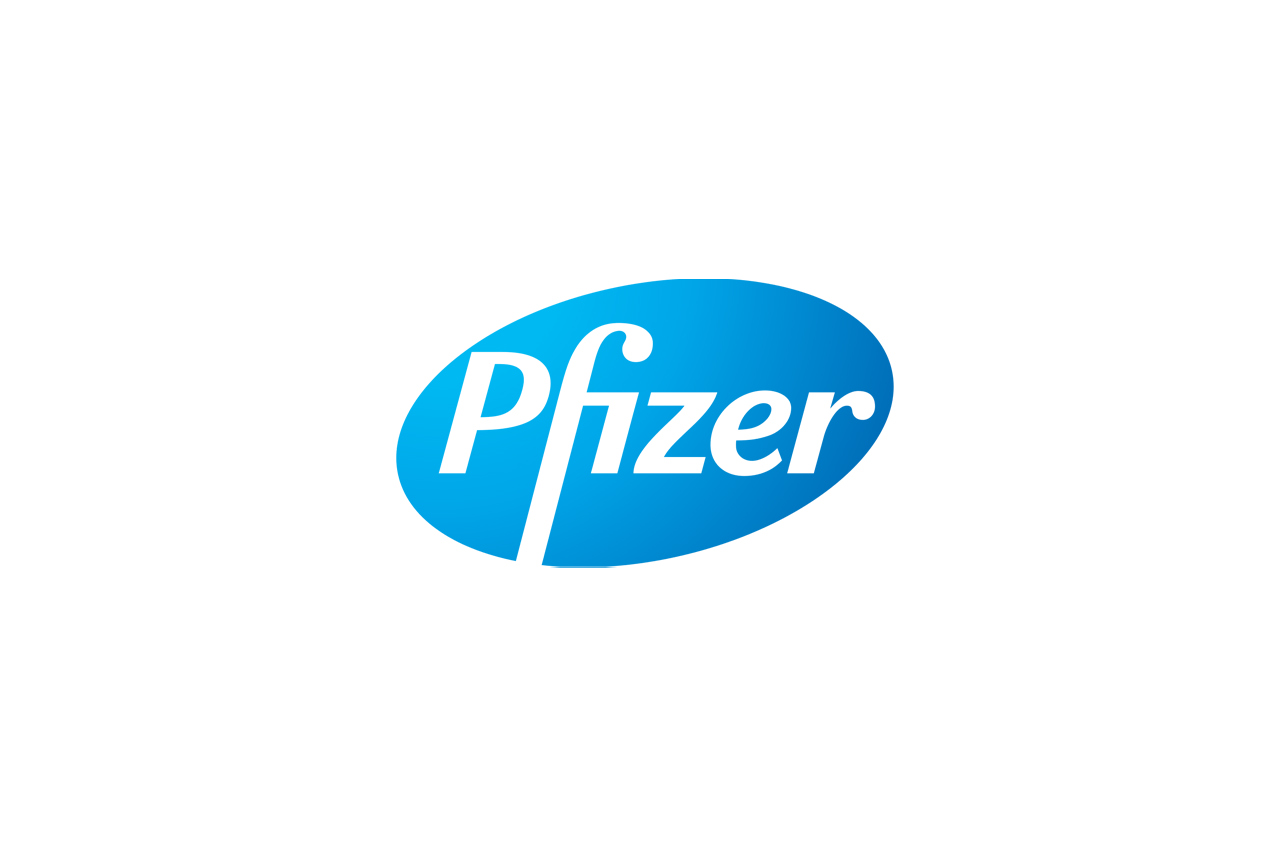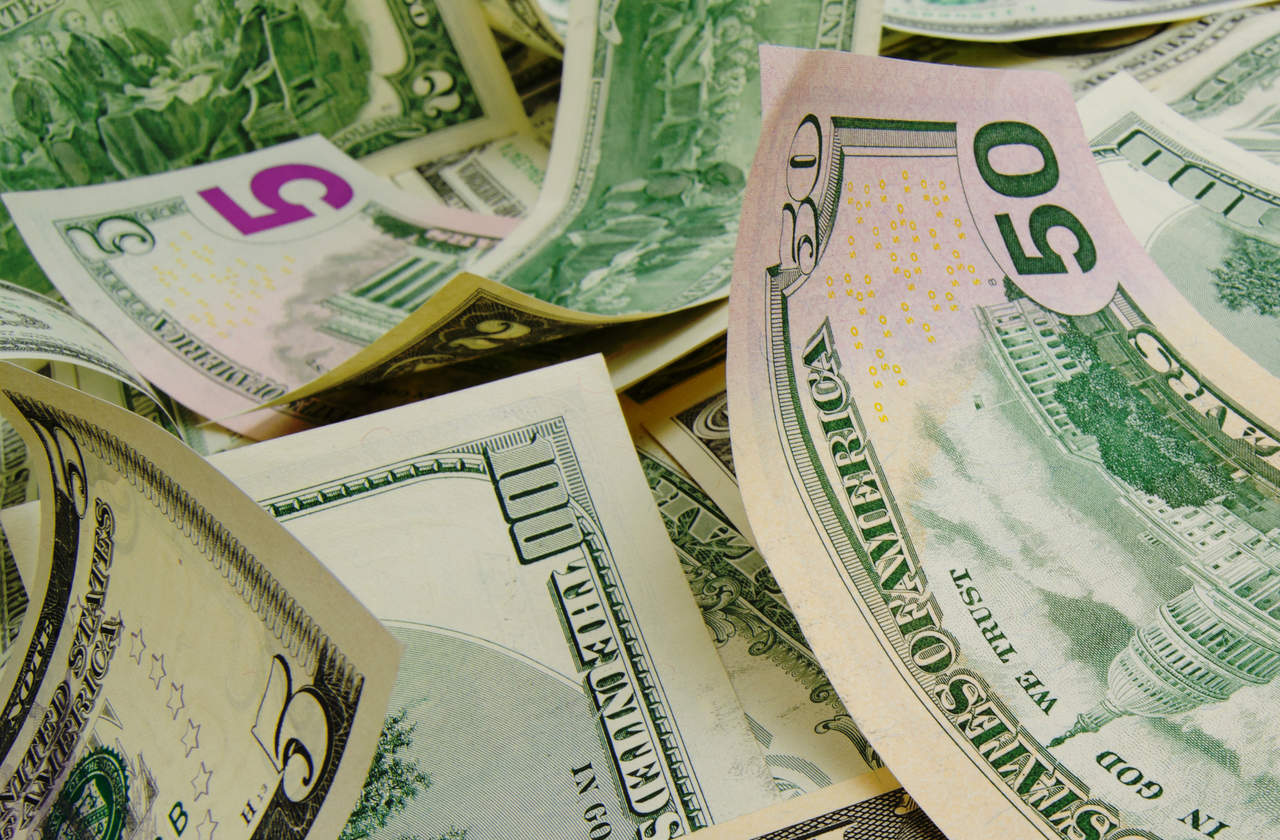3 Reasons to Buy Pfizer Stock for Retirement
Blue-chip dividend-paying stocks should be part of any retirement portfolio, and one of the best of the bunch these days is drugmaker Pfizer (symbol PFE).


Profit and prosper with the best of Kiplinger's advice on investing, taxes, retirement, personal finance and much more. Delivered daily. Enter your email in the box and click Sign Me Up.
You are now subscribed
Your newsletter sign-up was successful
Want to add more newsletters?

Delivered daily
Kiplinger Today
Profit and prosper with the best of Kiplinger's advice on investing, taxes, retirement, personal finance and much more delivered daily. Smart money moves start here.

Sent five days a week
Kiplinger A Step Ahead
Get practical help to make better financial decisions in your everyday life, from spending to savings on top deals.

Delivered daily
Kiplinger Closing Bell
Get today's biggest financial and investing headlines delivered to your inbox every day the U.S. stock market is open.

Sent twice a week
Kiplinger Adviser Intel
Financial pros across the country share best practices and fresh tactics to preserve and grow your wealth.

Delivered weekly
Kiplinger Tax Tips
Trim your federal and state tax bills with practical tax-planning and tax-cutting strategies.

Sent twice a week
Kiplinger Retirement Tips
Your twice-a-week guide to planning and enjoying a financially secure and richly rewarding retirement

Sent bimonthly.
Kiplinger Adviser Angle
Insights for advisers, wealth managers and other financial professionals.

Sent twice a week
Kiplinger Investing Weekly
Your twice-a-week roundup of promising stocks, funds, companies and industries you should consider, ones you should avoid, and why.

Sent weekly for six weeks
Kiplinger Invest for Retirement
Your step-by-step six-part series on how to invest for retirement, from devising a successful strategy to exactly which investments to choose.
Blue-chip dividend-paying stocks should be part of any retirement portfolio, and one of the best of the bunch these days is drugmaker Pfizer (symbol PFE). Here are three reasons we like the stock for retirees.
Figures are as of Dec. 29 unless otherwise indicated.

A Big, Steady Business
With sales estimated at more than $51 billion in 2016, Pfizer ranks as one of the world’s largest pharmaceutical companies. The firm muddled through a few slow years after its patent for the cholesterol drug Lipitor expired in 2011, but it’s past that now. Investments in research and development, along with acquisitions, have resulted in several hit drugs on the market, including Ibrance, to treat breast cancer, blood thinner Eliquis and Xeljanz, a treatment for rheumatoid arthritis. Pfizer is now working on 94 drugs, including 41 in late-stage development to treat various cancers, diabetes and other ailments.
Pfizer is also expanding into the fast-growing market for generic versions of biotech drugs. The firm recently launched a “biosimilar” knockoff of Remicade, Johnson & Johnson’s (symbol JNJ) best-selling arthritis treatment with more than $5 billion in annual sales. Pfizer aims to sell its biosimilar version at a 15% discount -- savings that may be passed on to patients, making the deal hard to pass up.
Finally, Pfizer is using its massive financial muscle to make deals that are fueling growth. Its 2015 merger with Hospira, the company behind the Remicade biosimilar, has added more than $1 billion in quarterly sales to Pfizer’s revenues. The company also recently completed a $14 billion deal to buy prostate-cancer drugmaker Medivation.

Attractively Priced “Defensive” Stock
Whether the economy is expanding or contracting, demand for medications remains steady. That makes Pfizer one of the stronger defensive stocks you can buy. The shares fell by 16% in 2008, a year in which Standard & Poor’s 500-stock index declined by 37% (including dividends). Pfizer has trailed the S&P 500 over the past five years. But the stock has produced annualized returns of 11.6% (including dividends) in that stretch--a respectable showing for such a large company.
The shares look relatively inexpensive, too. Trading at about 14 times estimated earnings for 2017, the stock looks much cheaper than the S&P 500, which has a price-earning ratio of 17. Pfizer does trade at a higher trailing P/E ratio than its average over the past five years, according to Morningstar. But the past five years were a transition period between slowing sales of off-patent drugs and the emergence of new hits. Pfizer’s prospects look brighter today, with a stronger roster of drugs in development and several acquisitions that should help produce solid earnings for years.

Dependable Dividends
Many retirees need a reliable income stream, and Pfizer stacks up well in that department. The stock currently yields 3.6%—more than you can earn from a 10-year Treasury bond (2.5%) or the S&P 500 (2.1%).
Investors can also take comfort in the fact that Pfizer has paid uninterrupted dividends every year since 1980. The company has raised its payout every year since 2010. And Pfizer should have no trouble making regular payments. Analysts estimate that the company will distribute more than $7 billion in dividends in 2017, easily covered by net income of $15.9 billion.
Profit and prosper with the best of Kiplinger's advice on investing, taxes, retirement, personal finance and much more. Delivered daily. Enter your email in the box and click Sign Me Up.

Dan Burrows is Kiplinger's senior investing writer, having joined the publication full time in 2016.
A long-time financial journalist, Dan is a veteran of MarketWatch, CBS MoneyWatch, SmartMoney, InvestorPlace, DailyFinance and other tier 1 national publications. He has written for The Wall Street Journal, Bloomberg and Consumer Reports and his stories have appeared in the New York Daily News, the San Jose Mercury News and Investor's Business Daily, among many other outlets. As a senior writer at AOL's DailyFinance, Dan reported market news from the floor of the New York Stock Exchange.
Once upon a time – before his days as a financial reporter and assistant financial editor at legendary fashion trade paper Women's Wear Daily – Dan worked for Spy magazine, scribbled away at Time Inc. and contributed to Maxim magazine back when lad mags were a thing. He's also written for Esquire magazine's Dubious Achievements Awards.
In his current role at Kiplinger, Dan writes about markets and macroeconomics.
Dan holds a bachelor's degree from Oberlin College and a master's degree from Columbia University.
Disclosure: Dan does not trade individual stocks or securities. He is eternally long the U.S equity market, primarily through tax-advantaged accounts.
-
 How Much It Costs to Host a Super Bowl Party in 2026
How Much It Costs to Host a Super Bowl Party in 2026Hosting a Super Bowl party in 2026 could cost you. Here's a breakdown of food, drink and entertainment costs — plus ways to save.
-
 3 Reasons to Use a 5-Year CD As You Approach Retirement
3 Reasons to Use a 5-Year CD As You Approach RetirementA five-year CD can help you reach other milestones as you approach retirement.
-
 Your Adult Kids Are Doing Fine. Is It Time To Spend Some of Their Inheritance?
Your Adult Kids Are Doing Fine. Is It Time To Spend Some of Their Inheritance?If your kids are successful, do they need an inheritance? Ask yourself these four questions before passing down another dollar.
-
 Dow Leads in Mixed Session on Amgen Earnings: Stock Market Today
Dow Leads in Mixed Session on Amgen Earnings: Stock Market TodayThe rest of Wall Street struggled as Advanced Micro Devices earnings caused a chip-stock sell-off.
-
 Nasdaq Slides 1.4% on Big Tech Questions: Stock Market Today
Nasdaq Slides 1.4% on Big Tech Questions: Stock Market TodayPalantir Technologies proves at least one publicly traded company can spend a lot of money on AI and make a lot of money on AI.
-
 Fed Vibes Lift Stocks, Dow Up 515 Points: Stock Market Today
Fed Vibes Lift Stocks, Dow Up 515 Points: Stock Market TodayIncoming economic data, including the January jobs report, has been delayed again by another federal government shutdown.
-
 Stocks Close Down as Gold, Silver Spiral: Stock Market Today
Stocks Close Down as Gold, Silver Spiral: Stock Market TodayA "long-overdue correction" temporarily halted a massive rally in gold and silver, while the Dow took a hit from negative reactions to blue-chip earnings.
-
 Nasdaq Drops 172 Points on MSFT AI Spend: Stock Market Today
Nasdaq Drops 172 Points on MSFT AI Spend: Stock Market TodayMicrosoft, Meta Platforms and a mid-cap energy stock have a lot to say about the state of the AI revolution today.
-
 S&P 500 Tops 7,000, Fed Pauses Rate Cuts: Stock Market Today
S&P 500 Tops 7,000, Fed Pauses Rate Cuts: Stock Market TodayInvestors, traders and speculators will probably have to wait until after Jerome Powell steps down for the next Fed rate cut.
-
 S&P 500 Hits New High Before Big Tech Earnings, Fed: Stock Market Today
S&P 500 Hits New High Before Big Tech Earnings, Fed: Stock Market TodayThe tech-heavy Nasdaq also shone in Tuesday's session, while UnitedHealth dragged on the blue-chip Dow Jones Industrial Average.
-
 Dow Rises 313 Points to Begin a Big Week: Stock Market Today
Dow Rises 313 Points to Begin a Big Week: Stock Market TodayThe S&P 500 is within 50 points of crossing 7,000 for the first time, and Papa Dow is lurking just below its own new all-time high.
